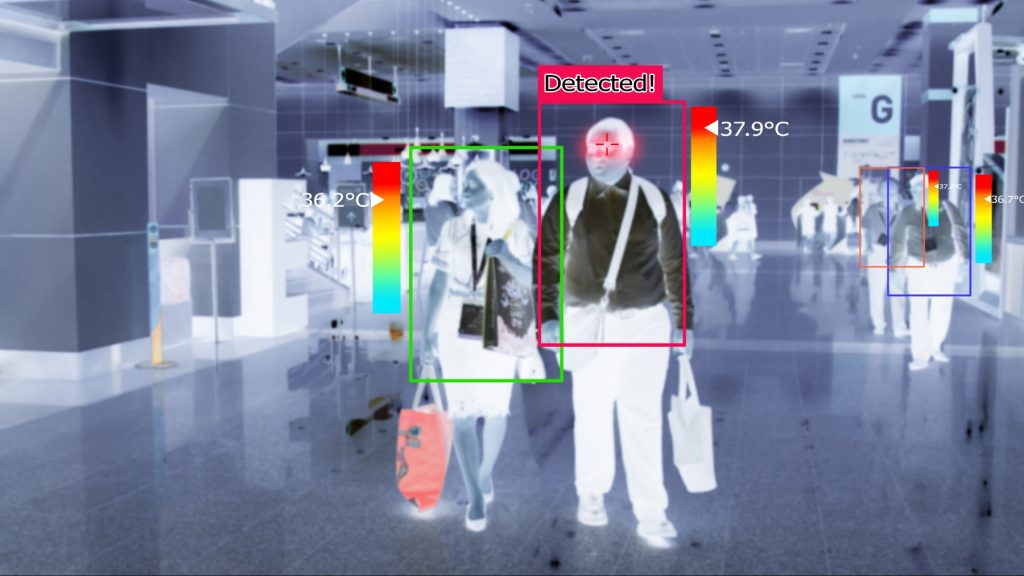
Kansas City schools are on the verge of implementing a new measure that could see schools receive up to $5 million in grants to install artificial intelligence systems capable of detecting firearms.
The initiative, pending approval from Governor Laura Kelly, stipulates stringent criteria for the technology to be used, including patents, compliance with specific security standards, and proven deployment in at least 30 states.
ZeroEyes, a company founded by military veterans in the aftermath of the Marjory Stoneman Douglas High School shooting, is currently the only firm that meets all the specified requirements. This situation has raised concerns about the fairness of the legislation, suggesting it may unduly favor ZeroEyes over other competitors.
Critics, including Omnilert—a firm specializing in AI-driven gun detection without the required patent or federal anti-terrorism designation—argue that such specific criteria create a non-competitive environment that could limit schools’ options for safeguarding their premises. Omnilert’s vice president of marketing has even reached out to Governor Kelly’s office in hope of a line-item veto to remove these restrictive clauses.
The Kansas City schools proposal is part of a growing trend where states are taking legislative action to incorporate technologies like ZeroEyes into school safety measures. Similar laws have been enacted in states like Michigan, Utah, Florida, and Iowa, with each aiming to bolster security through advanced surveillance technology. However, this has sparked a debate over whether such legislation should be used to promote particular companies or if it should encourage a broader range of technological solutions.
The draft bill comes in the wake of numerous high-profile school shootings, which have escalated the push for innovative security measures in educational settings. Kansas Representative Adam Thomas initially proposed naming ZeroEyes directly in the funding legislation, though the final version does not specify the company by name but retains the narrow criteria.
These criteria and the potential grant offer have been defended vigorously by some legislators, including House K-12 Budget Committee Chair Kristey Williams, who argued the unique capabilities of the specified technology justify bypassing the standard bidding process due to the urgent need for enhanced student safety measures.
Despite the controversy, proponents of the bill believe that once implemented, the technology will prove effective in preventing gun violence in schools, potentially leading to further investments in safety technology across more educational institutions.
As the July 1, 2025, deadline approaches for technology providers to meet federal anti-terrorism criteria, the debate continues over the best approach to fostering innovation while ensuring competitive fairness in the procurement of school safety solutions.
The fact that it is easier to implement searches for vapes and various smoking objects for students in school, while gun detectors must go through a lengthy legal process, is quite alarming. The implementation of AI is a significant benefit for students, their parents, and the schools in areas where gun laws are absent, because, welcome to the U.S. Do not complicate the process; save lives with AI.
Inside Telecom provides you with an extensive list of content covering all aspects of the tech industry. Keep an eye on our Intelligent Tech sections to stay informed and up-to-date with our daily articles.